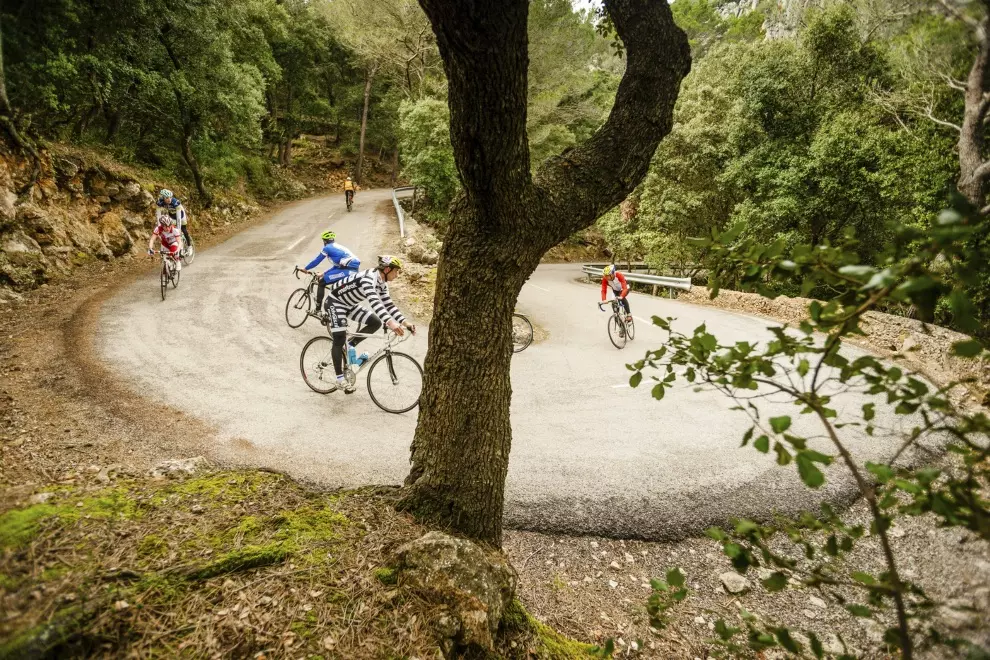Why do riders under-fuel?
Under-fuelling is a situation where food intake is insufficient to cover the energy demands of both exercise training and basic bodily functions. This can happen both intentionally and by accident. In pro cycling, under-fuelling is usually a part of a strategy to maintain low body weight for an improved power-to-weight ratio. A recent study found that up to 28 % of competitive male cyclists had low energy availability and 44 % had low bone density, which often results from it.
But this is not something that just happens to pros. Amateur cycling enthusiasts are especially prone to developing an energy deficit – unintentionally. All you need to do is to increase your training load or the number of races you compete in without adequately increasing the amount of food intake. Or you might not take into account the energy requirements of exercise outside of your planned training sessions. For example, cycling to and from work or cycling to the swimming pool or the training session itself, it all requires energy.

How do you know you’re under-fuelling?
The first step to dealing with under-fuelling is to identify whether you might be at risk. There are several signs you should look out for. It manifests differently for everyone but if you have some of the following issues and can’t explain them any other way, chances are you’re under-fuelling.
Fertility – For women, the number one sign is an irregular or non-existent menstrual cycle. But keep in mind that hormonal contraception masks underlying menstrual issues and does not protect against the adverse effects of under-fuelling. An equivalent sign for men would be a lack of morning erection.
Changes in body weight – If your planned weight loss is too rapid (more than 1 % of your body weight a week) or you keep losing weight without wanting to, you have a problem. Also, be aware that for some cyclists, their body can adapt to low-energy intake by reducing resting metabolism but that doesn’t mean they are going to avoid other negative effects of under-fuelling.
Changes in mood – Being in an energy deficit often manifests as feeling anxious and irritated for no good reason. Some cyclists also experience a lack of motivation and depression.
Injury and illness – Repeated injury or illness that lasts longer than 3 months and requires time off training can be a consequence of low energy availability.
Poor sleep – Having difficulty sleeping despite being very tired or having fragmented sleep might be signs of an energy deficit. Especially if you feel lethargic and slow in the morning.
Digestive issues – If you’re often constipated and bloated, inadequate food intake could be the reason.
Impaired performance – Last but not least, if you’re experiencing a performance plateau and you can’t seem to get better or are even getting slower, that’s a big sign you might be under-fuelling.
The following article will be all about how to get back on track when you discover that you most likely are under-fuelling. So, stay tuned!




